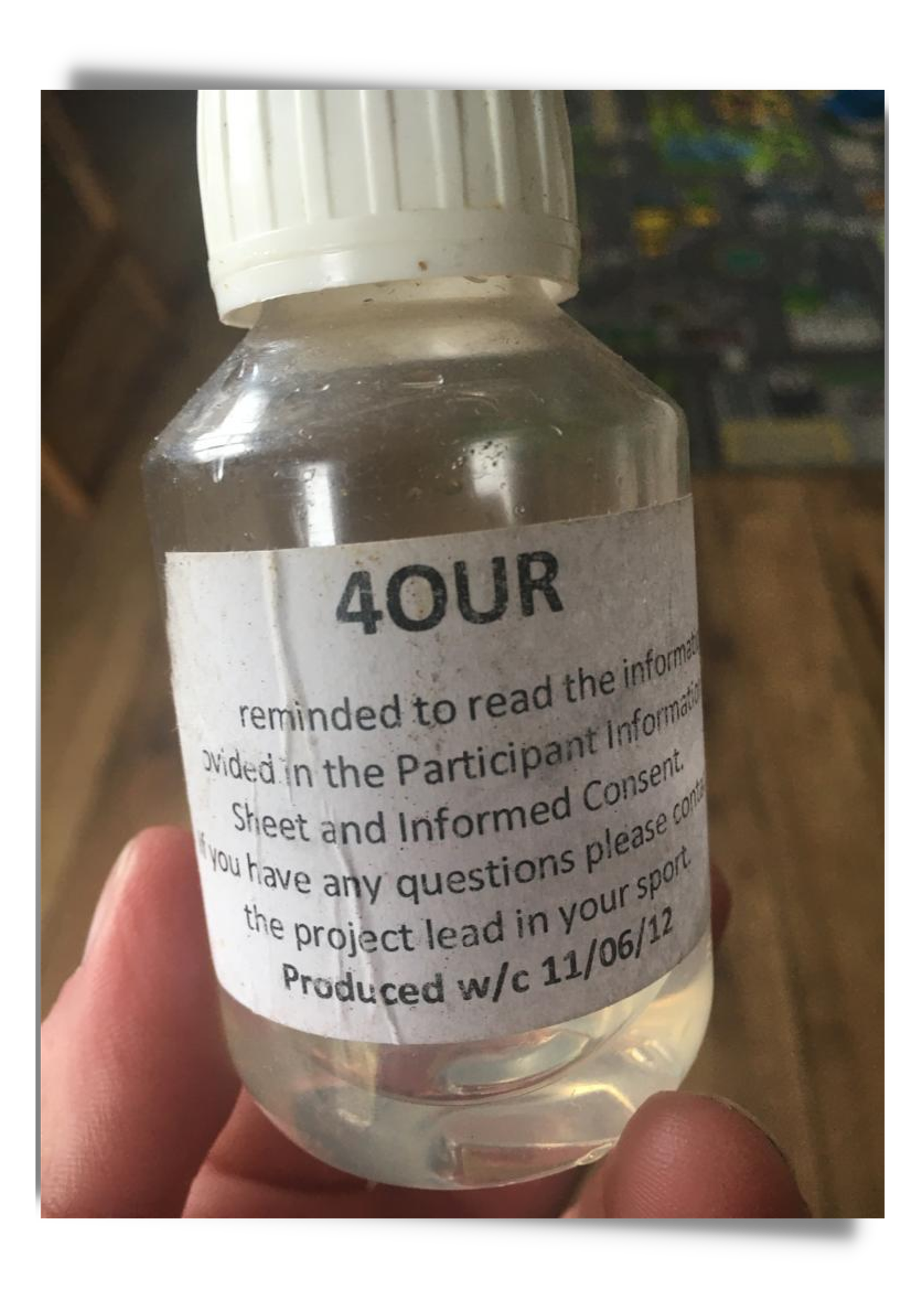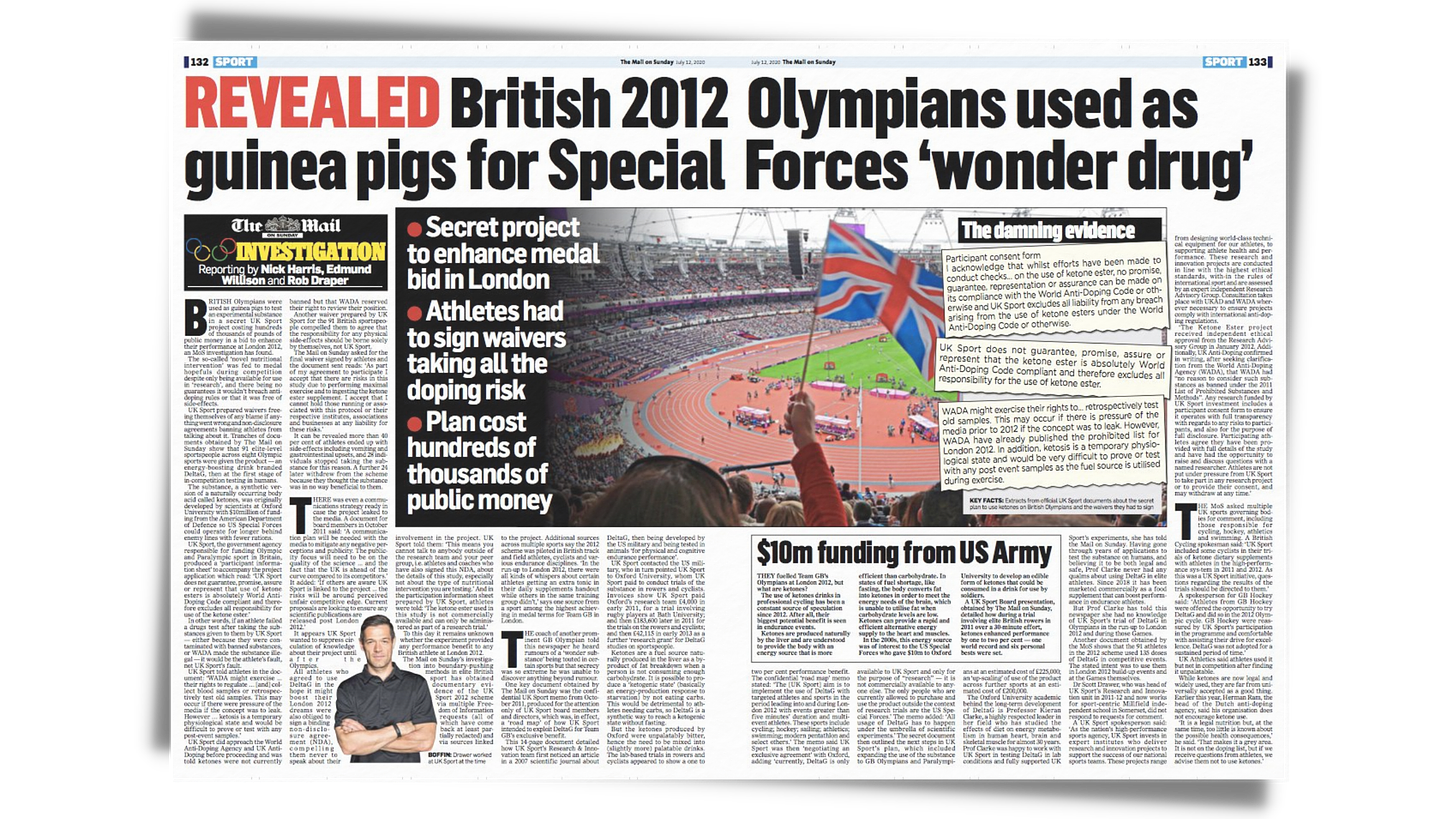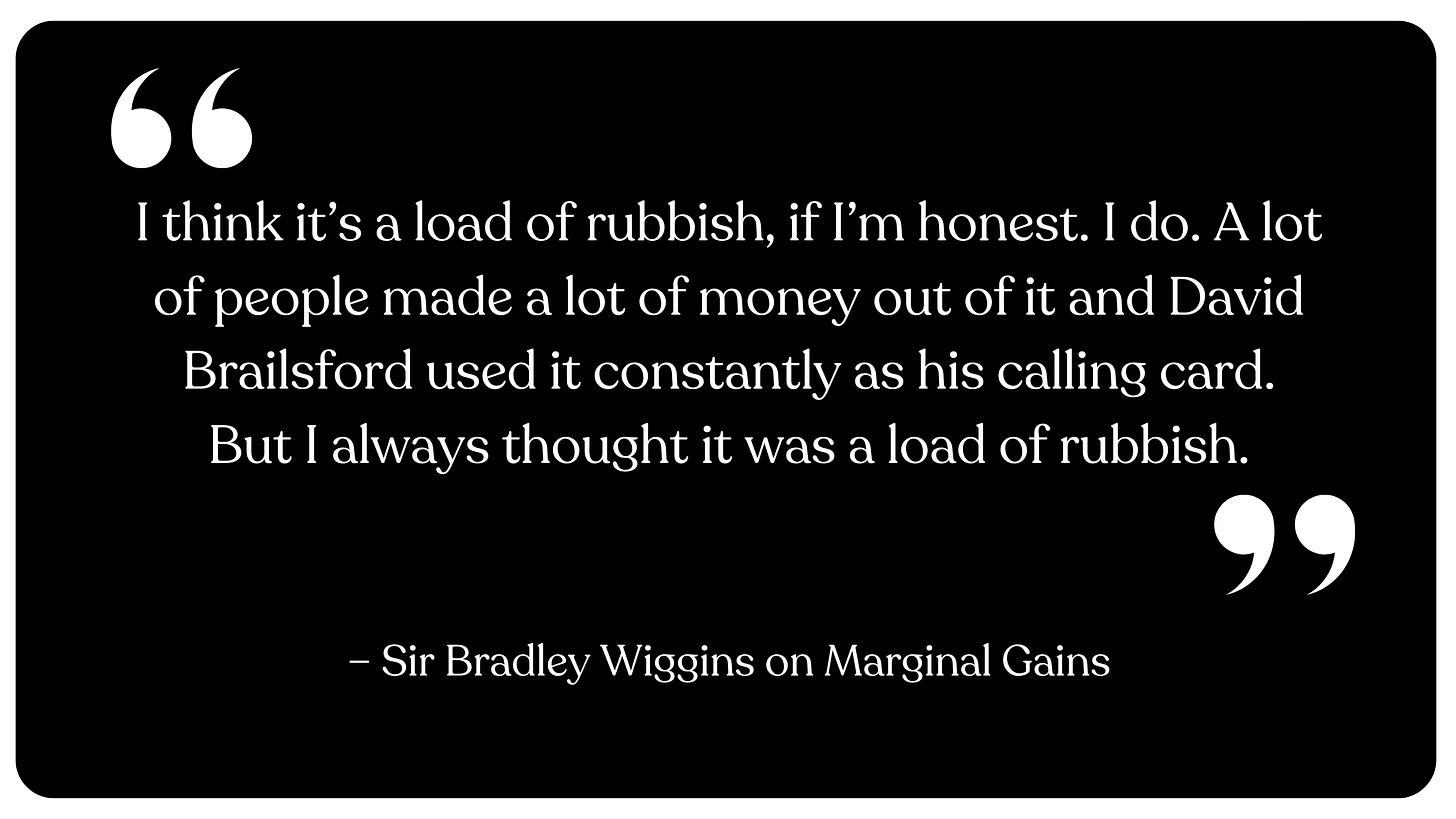Exclusive: Sir Bradley Wiggins took ketones in Tour de France-winning year
Leaked presentation shows that Wiggins took the controversial, yet legal, substance before London 2012 and a Team Sky insider has provided a bottle of ketones from a batch taken by British riders.
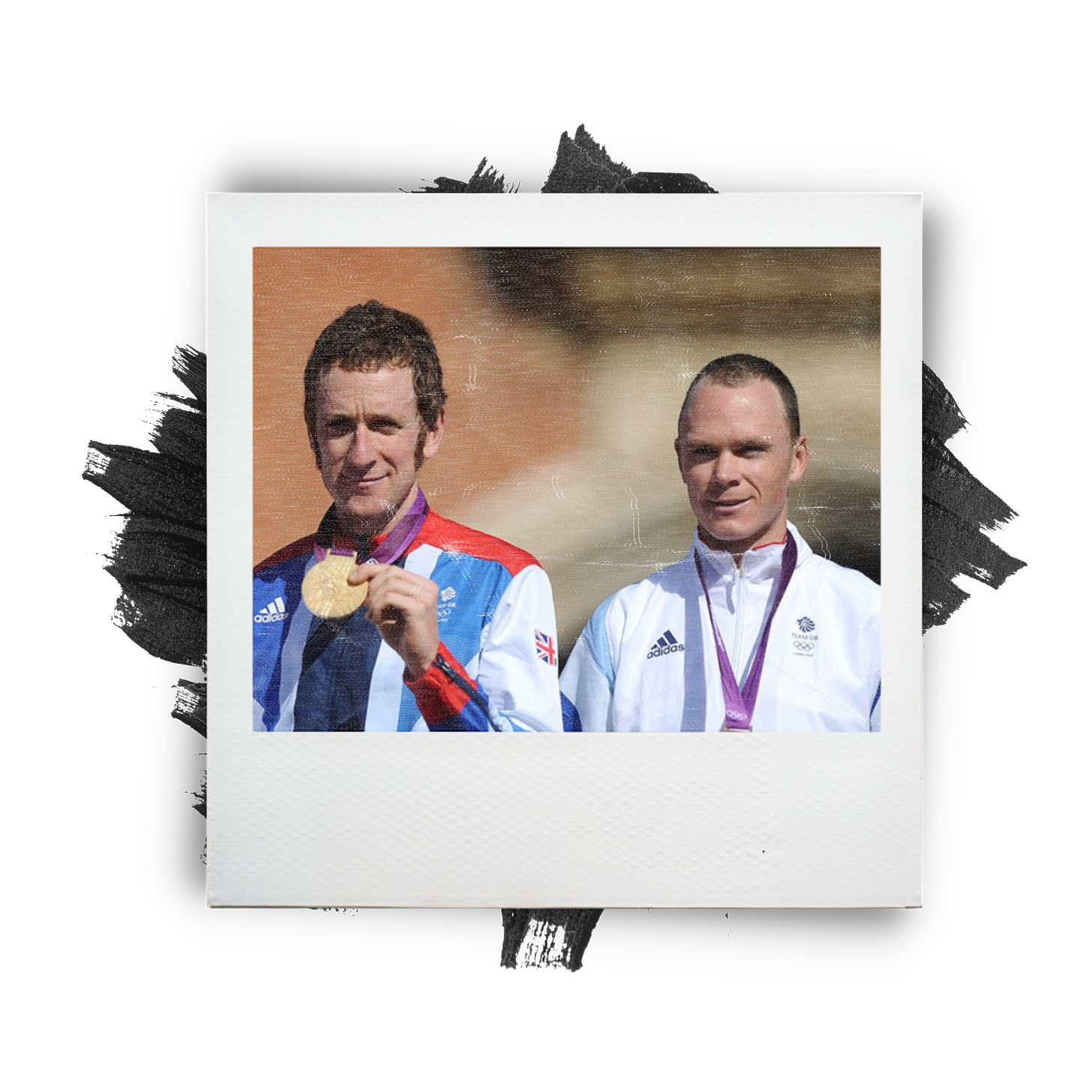
Sir Bradley Wiggins used the controversial ‘US special forces’ drink ketones, at the time only available for research purposes, in the year he won the 2012 Tour de France for Team Sky (Ineos), Honest Sport can reveal in collaboration with Sporting Intelligence.
The five-time Olympic gold medallist was apparently an ‘early adopter’ of ketones, and also one of 91 British medal hopes who were given the ‘novel nutritional intervention’ in the lead up to London 2012, as part of a secret research project commissioned by UK Sport, the government body responsible for investing in Olympic sport in the United Kingdom.
Such was the concern that British Olympians would be perceived to be at unfair advantage if it leaked Team GB were taking ketones at London 2012, UK Sport had a communication strategy in place to propagate the narrative that Britain was simply ‘ahead of the curve’ compared to its competitors - tantamount to Sir Dave Brailsford’s ‘Marginal Gains’ philosophy.
Brailsford, the former Team Sky general manager now at Manchester United, has previously denied the team has ever used ketones, eventhough they are legal. Similarly, Chris Froome said he had never heard of ketones and that Team Sky ‘one hundred percent’ did not use them.
A source close to Wiggins confirmed he was among British Olympians who tried ketones but claims he did not find the ‘novel nutritional intervention’ beneficial and stopped using it. Team Sky (Ineos) has yet to provide official comment.
The substance, a synthetic version of a naturally occurring body acid called ketones, was originally developed by scientists at Oxford University with $10million of funding from the American Department of Defence so US Special Forces could operate for longer behind enemy lines with fewer rations. The energy-boosting drink, branded DeltaG, was at the first stage of in-competition testing in humans.
Ketones are a fuel source naturally produced in the liver as a by-product of fat breakdown when a person is not consuming enough carbohydrates. It is possible to produce a ‘ketogenic state’ (an energy-production response to starvation) by not eating carbohydrates. This would be detrimental to athletes, so DeltaG is a synthetic way to reach a ketogenic state without fasting.
Honest Sport, in co-operation with Sporting Intelligence, has obtained a copy of a PowerPoint presentation written by the creator of DeltaG, Professor Keiran Clarke, claiming that Wiggins was an ‘early adopter’ of ketones and used them to break ‘world records at the Olympics and Tour de France’.
A Team Sky source confirmed the team experimented with ketones and provided a bottle of ketones, from a batch that was provided to British Cyclists. The label states that the ketone batch was produced on 11th June 2012, nineteen days before the start of the Tour de France and seven weeks before the start of London 2012.
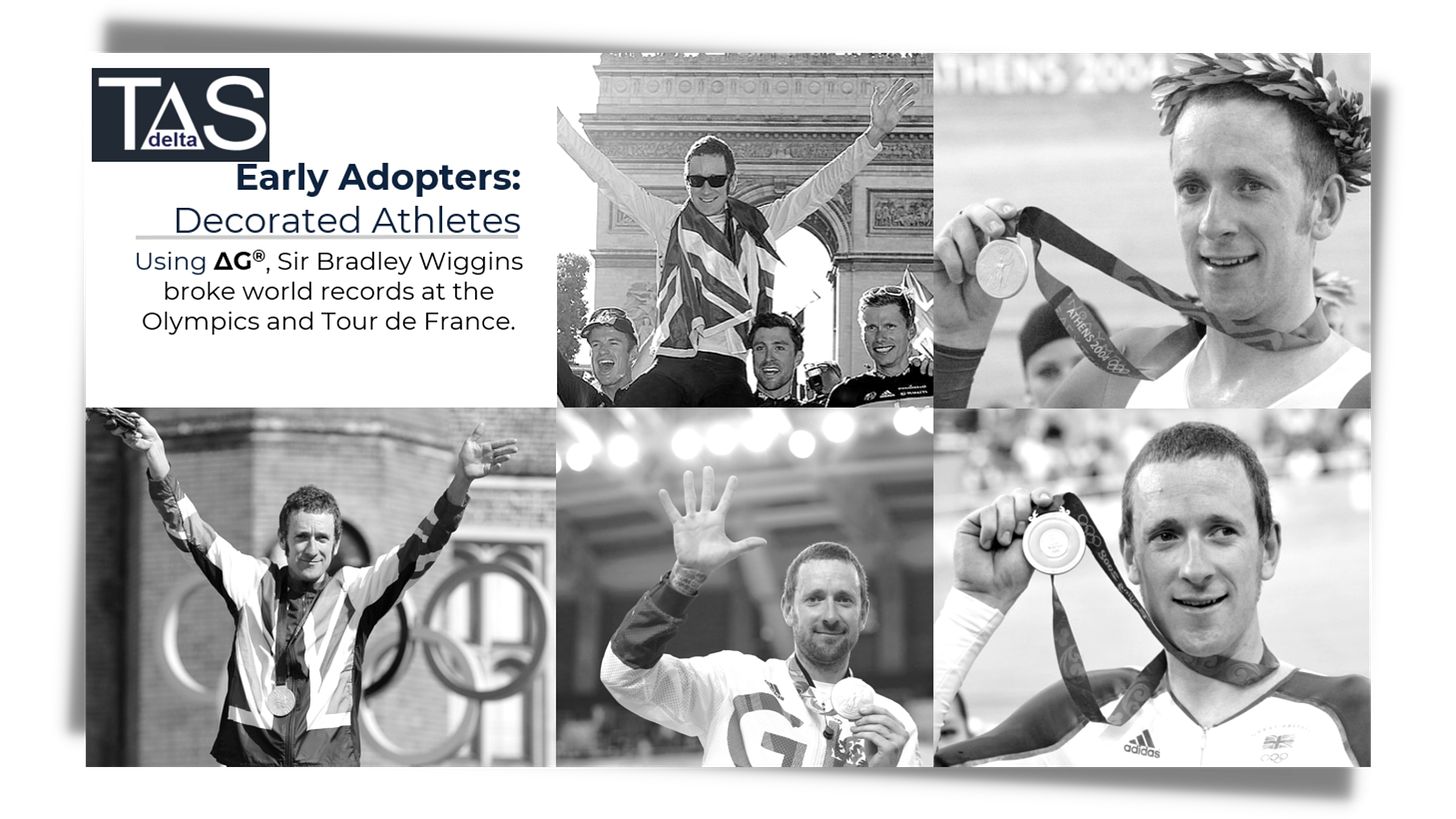
It is understood that Wiggins claims to have taken ketones but stopped using them shortly afterwards.
This revelation is in direct contradiction to later denials from both Sir Dave Brailsford and Wiggins’ teammate Chris Froome that Team Sky riders had never used the ‘novel nutritional intervention’.
“There has been a lot of talk about Team Sky and myself specifically using some kind of ketones drink or something, which is crazy. I had to google it to find out what it was. One hundred percent the team does not use ketones”, said Froome at the 2015 Tour de France.
While Froome may have not known Wiggins had used Ketones, it seems unlikely the Team Sky manager, Dave Brailsford, who is currently undertaking a full audit of Manchester United, could not have known.
“We don't use ketones here,” was Brailsford's curt response. "100 percent sure. It's allowed, we could use it if we want, but we haven't used it here."
Ketones have never been prohibited by the World Anti-Doping Agency but the fact Team Sky has not been open about their riders using the substance underlines the controversy around the drink.
In 2020, Herman Ram, the head of the Dutch anti-doping agency, said his organisation recommends athletes against ketone use.
“It is a legal nutrition but, at the same time, too little is known about the possible health consequences,’ he said. “That makes it a grey area. It is not on the doping list, but if we receive questions from athletes, we advise them not to use ketones.”
UK Sport also had to seek special approval from WADA and UKAD before providing the substance to the country’s Olympians before London 2012.
Despite being granted this approval, UK Sport could not guarantee these same British athletes that ketones were fully compliant with WADA rules.
UK Sport produced a ‘participant information sheet’, effectively a waiver, exempting UK Sport from responsibility if the athletes’ use of ketones led to problems with anti-doping authorities.
“UK Sport does not guarantee, promise, assure or represent that use of ketone esters is absolutely World Anti-Doping Code compliant and therefore excludes all responsibility for use of the ketone ester.”
In other words, if an athlete failed a drugs test after taking the substances given to them by UK Sport — either because they were contaminated with banned substances, or WADA made the substance illegal — it would not be the fault of UK Sport.
Ketones were not approved for commercial use at the time, and could only be supplied to humans in the context of research. As such UK Sport commissioned a ‘study’ in which 91 British Olympians would be provided ketones to assess its performance-enhancing effect.
This effect is no longer disputed. Recently, Team Visma, who won all three Grand Tours in 2023, announced a sponsorship with a ketone supplier and in the same press release stated that ketones had become a key part of their riders’ race regimen.

"Within the Visma | Lease a Bike team, we leave nothing to chance. We want to optimise all the factors that influence our riders' performance. This includes the nutritional strategy", said Martijn Redegeld, the team's performance nutritionist. "The use of ketones is part of that. We have several years of experience with this supplement, and we are positive about the effects.”
However in 2011, UK Sport were the only sports organisation researching whether ketones could give their Olympians a key advantage, especially since the drink was not available to any other country.
In one UK Sport presentation, Dr. Scott Drawer, then UK Sport’s Head of Innovation, who moved to Team Sky in 2016, presented the results of 30-minute trials in which British rowers had their performance assessed with, and without ketones. Of the twenty-two rowers who took part, one set a world record, six set personal bests and ten set season’s best while taking ketones.
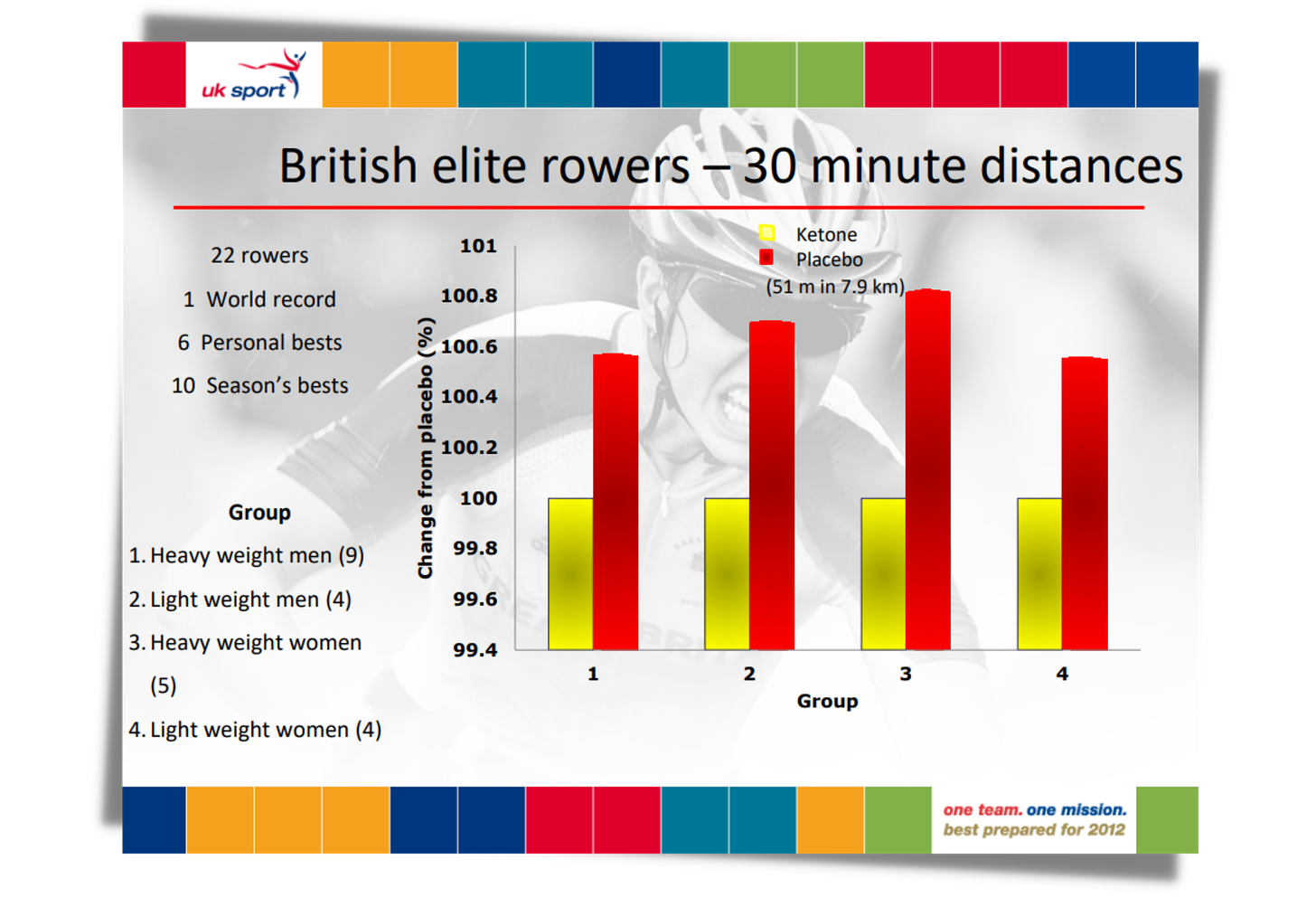
In the participation information sheet prepared by UK Sport, all 91 British athletes who were given ketones were told: ‘The ketone ester used in this study is not commercially available and can only be administered as part of a research trial.’
In reality, the selected athletes had free reign to take the performance-enhancing drink at the London games.
The only other organisation that had access to the substance at the time was the US special forces.
UK Sport was able to gain access to the substance by contacting the US military, who in turn pointed UK Sport to Oxford University, whom UK Sport paid to conduct trials of the substance in rowers and cyclists.
Invoices show UK Sport paid Oxford’s research team £4,000 in early 2011, for a trial involving rugby players at Bath University; and then £183,600 later in 2011 for the trials on the rowers and cyclists; and then £42,115 in early 2013 as a further ‘research grant’ for DeltaG studies on sportspeople.
These invoices and confidential documents were obtained by myself, Nick Harris and Rob Draper after submitting a series of Freedom on Information requests to UK Sport throughout 2020, and the story was then broken in the Mail on Sunday.
Those documents, which can be downloaded in full below, provide an insight into just how far UK Sport, and consequently British Cycling and Team Sky, were willing to go in the quest for medals.
The fact that British sport was veering into grey areas is evidenced by the language in the documents.
Internal memos show just how concerned the governing body was that British Olympians would be perceived to be at an unfair advantage at London 2012, that UK Sport had a PR strategy in place if news of the sham ‘research project’ was leaked to the press.
UK Sport’s strategy was to frame the use of novel ketones as an example of how far ahead of the curve Great Britain is compared with its competitors. This notion is eerily similar to Sir Dave Brailsford’s infamous ‘marginal gains’ prophecy, which has since been denounced by Bradley Wiggins as ‘a load rubbish’.
A document for board members in October 2011 said: “A communication plan will be needed with the media to mitigate any negative perceptions and publicity. The publicity focus will need to be on the quality of the science ... and the fact that the UK is ahead of the curve compared to its competitors.”
It added, “If others are aware UK Sport is linked to the project...the risks will be around perceived unfair competitive edge. Current proposals are looking to ensure any scientific publications are released post London 2012.”
All athletes were also forced to sign a non-disclosure agreement, compelling them never to speak about their involvement in the project, in order to mitigate the risk if the story was leaked.
UK Sport told the athletes: “This means you cannot talk to anybody outside of the research team and your peer group, i.e. athletes and coaches who have also signed this NDA, about the details of this study, especially not about the type of nutritional intervention you are testing.”
Ultimately, existence of this secret research project was not exposed at London 2012, and Team GB went on to win 29 gold medals and finish third in the medals table, ahead of Russia with and state-run doping programme.
It took another eight years before the story was finally broken, by myself and colleagues, in the summer of 2020.
If you would indeed like to share this article on social media please share the following proxy link as Twitter and Facebook silence normal Substack URLs because it is a competing platform:
https://substack-proxy.glitch.me/articles/honestsport-substack-com-p-exclusive-sir-bradley-wiggins-took.html
This investigation was published in collaboration with my colleague Nick Harris, who runs the Substack site Sporting Intelligence. Nick investigates financial corruption in professional sport. You can visit his site here.




